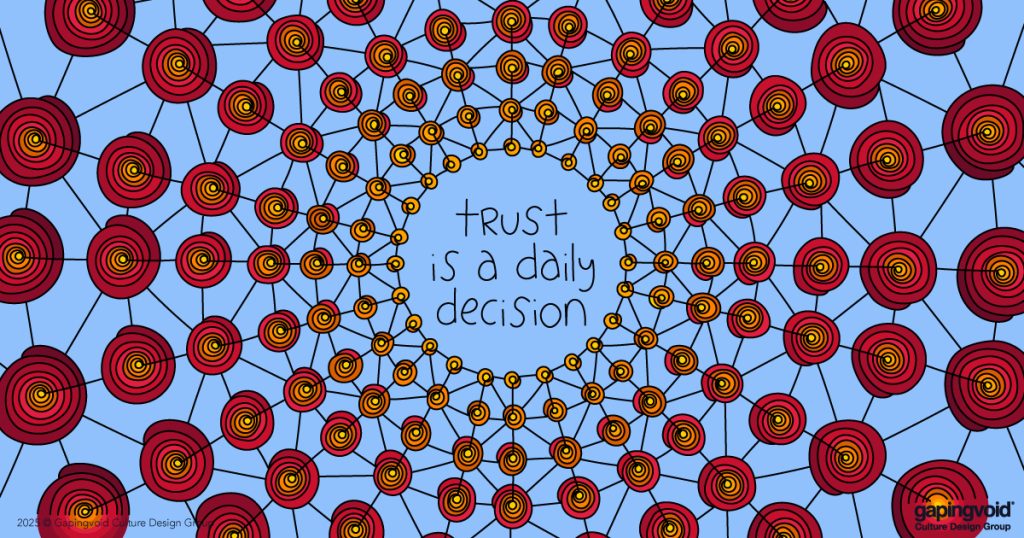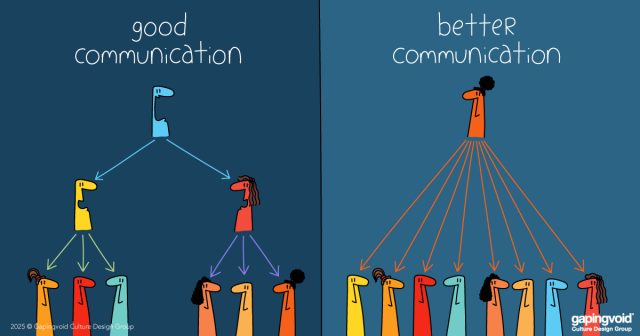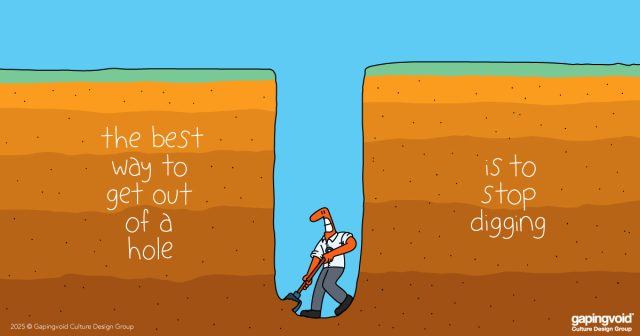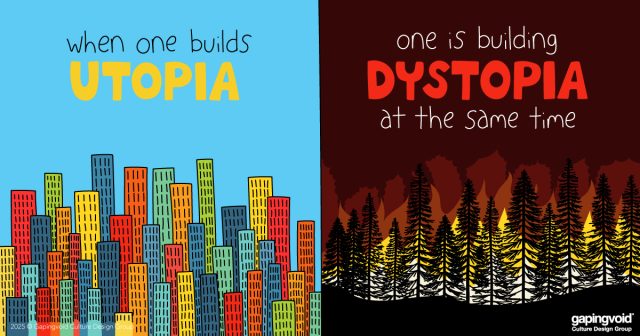
On 20th March, in celebration of the UN’s World Happiness day, the BBC’s Mark Easton conducted a little social experiment: dropping ten wallets (with money and his phone number inside) on the streets of Belfast, Northern Ireland.
He got them all back.
All ten of them. Try doing that in London, Paris, or New York and see what happens.
Belfast is different. Not only because it’s small in comparison (pop. 345,000), but it’s one of the least diverse cities in the UK. For whatever reason, it hasn’t attracted waves of tourists or expats. And because it’s in Europe, it has centuries of shared history.
Which means it has a strong, distinct culture with an extraordinarily high degree of social trust, forged over centuries.
The key word here is “centuries.” This stuff isn’t built overnight. Yet it can be destroyed in an instant, as bigger cities with more transient populations are constantly finding out.
Aristotle understood this intuitively. In his work, Politics (Book VII), he argued that a city should be large enough to achieve self-sufficiency – sustaining its economic, social, and defensive needs – but small enough for citizens to know each other, to participate effectively in governance and to develop a sense of interconnected mutual care and responsibility. His sweet spot was around 50,000 people—what we’d now call a large town.
Once populations get too big, people stop policing each other and start being policed by automated systems. Personal responsibility for each other’s wellbeing fades, with fear and distrust growing in the gaps. The all-seeing eye of control-systems develops blind spots, tempting people to exploit them when nobody’s watching.
This explains why large companies invariably end up developing such large, impersonal bureaucracies. More people require more systems to manage them.
Scale isn’t the enemy. Anonymity is.
The question isn’t “How do we stay small?” but “How do we create meaningful human connections at any size?” When people feel seen—truly seen—they act differently. They return wallets. They take care of each other. They build something worth protecting.
Our challenge isn’t managing growth. It’s creating pockets of Belfast wherever we go.



